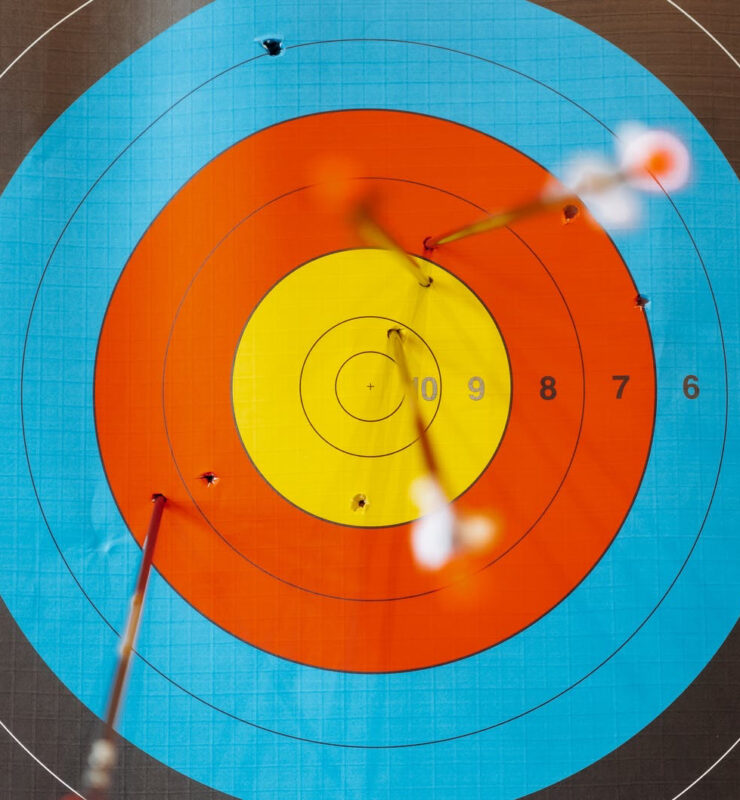When Occupational Therapists are asked by a family, person or teacher to address participation challenges – we need to be able to evidence our recommendations and interventions. Robust assessment with a range of tools including ‘testing’ is the onky way therapists can provide effective and targeted and individualised support and measure outcomes.
So very often nowadays we hear ‘Its definitely modulation difficulties linked to Joe’s ASD” or “she can’t regulate touch because of trauma” – have you gut other ideas for me because therapy isn’t working. When we ask what dies the assessment show we are offered results from a lone Sensory Profile or a list of things the teacher said are hard.
Despite strong neuroscience that tells us how trauma alters not just modulation – but importantly and essentially registration and perception, assessment often does not include investigation across all the senses, aspects of registration, perception and praxis. Poor perception clearly links to difficulties of executive function and how this translate to actions.
In adult trauma clients the co-occurrence of difficulties in development of self regulation is very closely linked to differences with registration, perception and praxis challenges, we see and can evidence this via assessment time and time again in practice… ensuring registration and perception of vestibular, proprioceptive and tactile input is essential for the body to feel safe, to support function and importantly enable development of self-regulation skills. The science is clear – humans need regulation within the ANS and the senses are a gateway to function. Underlying sensory difficulties need exploring with thorough assessment – carefully and mindfully explored via a range of tools that includes standardised testing.
And comprehensive assessment doesn’t have to be onerous – we can turn testing into ‘games’ to really understand a person!
A GP will not just hand out iron pills because a parent repeatedly says their child is tired – yes a checklist helps the GP see the child’s diet is adequate or parent report assures adequate sleep – but then they test through clinical observations – looking at colour under the eye and they take blood and test formally.
Why would we as OT’s not use the tools we have to provide comprehensive assessment and therefore targeted and specific intervention and advice.
